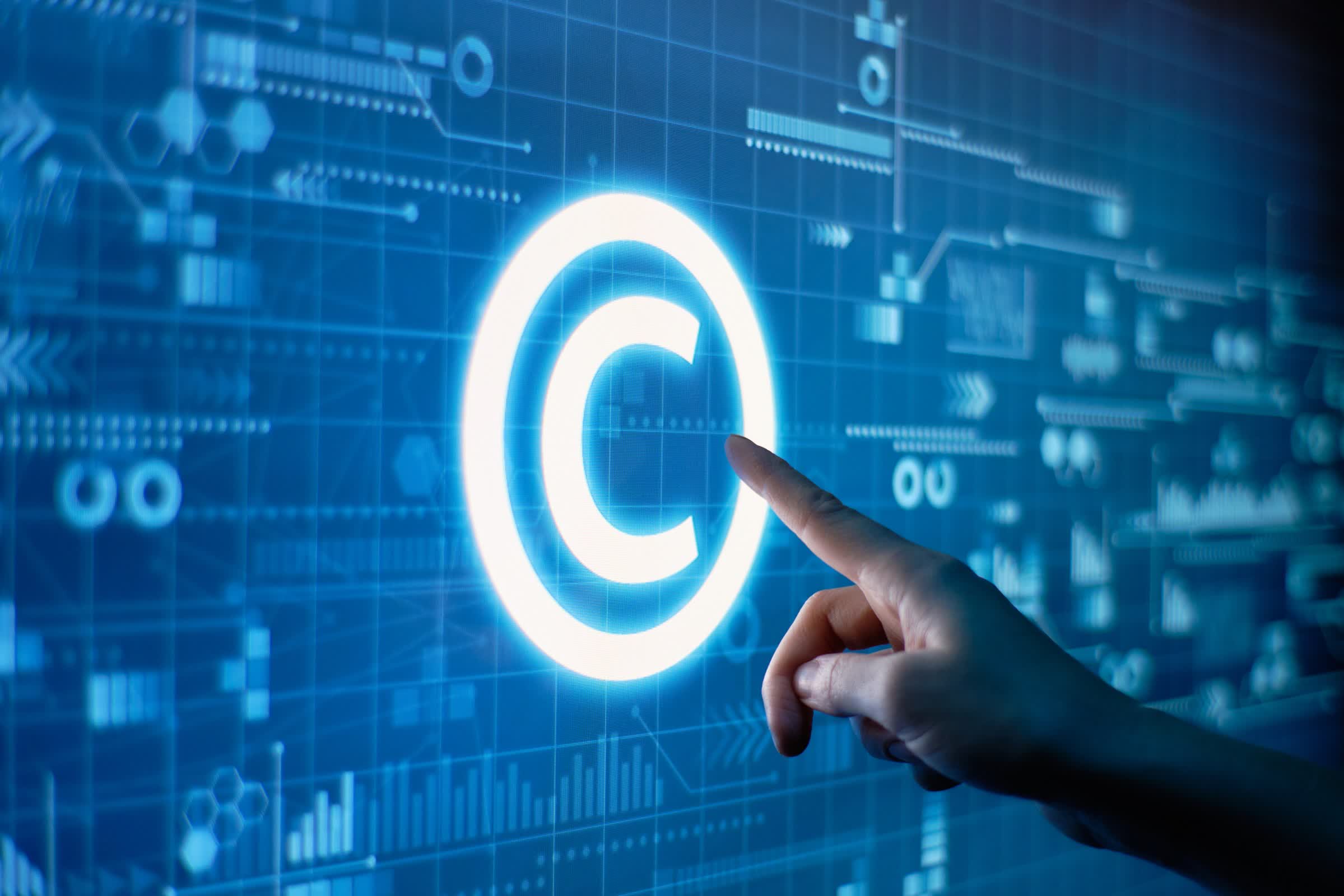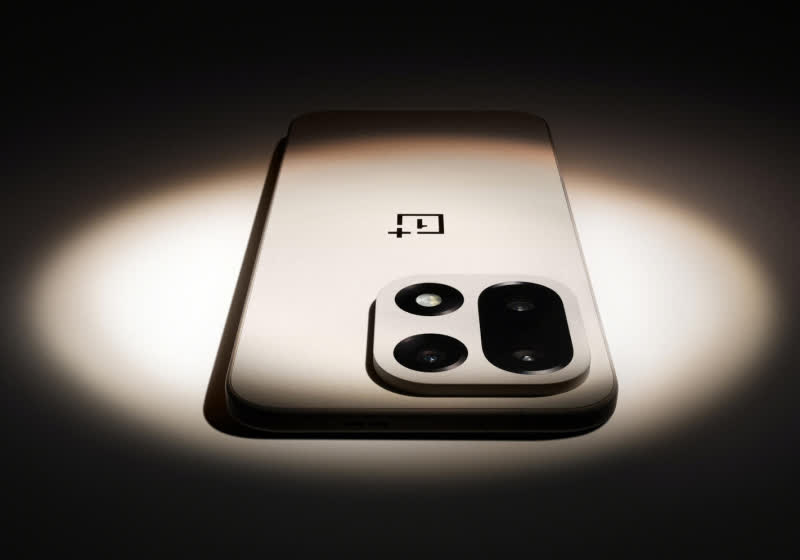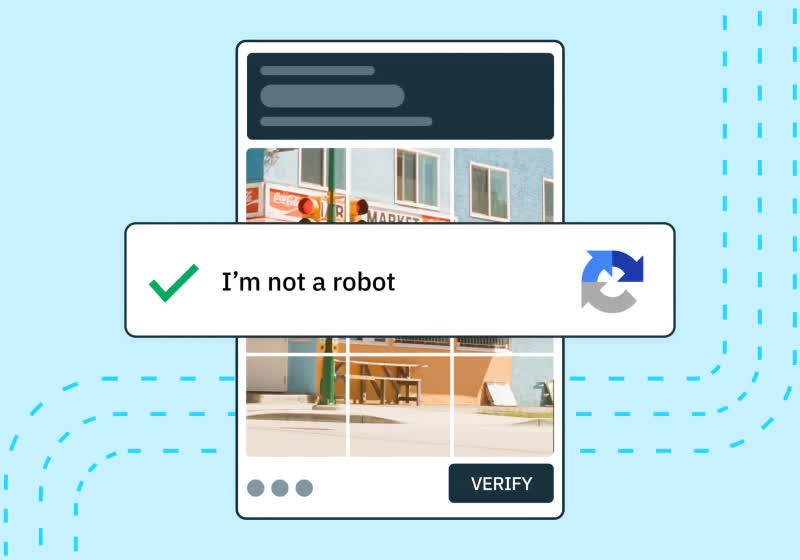Serving tech enthusiasts for over 25 years.
TechSpot means tech analysis and advice you can trust.
Why it matters: A federal judge in Delaware has delivered a landmark ruling in the first major AI copyright case in the United States, siding with Thomson Reuters in its lawsuit against legal AI startup Ross Intelligence. The decision, issued this week by US Circuit Judge Stephanos Bibas, marks a significant moment in the ongoing debate over AI training and the use of copyrighted data.
The case, filed in 2020, accused Ross Intelligence of reproducing materials from Thomson Reuters' Westlaw legal research database to build a competing AI-powered legal platform. Judge Bibas rejected Ross Intelligence's fair use defense, a key argument used by AI companies in copyright disputes.
"None of Ross's possible defenses holds water. I reject them all," he wrote in his summary judgment. The ruling focused on non-generative AI, distinguishing it from generative AI systems like large language models.
The fair use doctrine, a crucial component of US copyright law, allows for the unauthorized use of copyrighted works under certain circumstances. In this case, Judge Bibas ruled that two of the four fair use factors favored Thomson Reuters: the purpose of Ross's use of Westlaw headnotes and its harm to the market for the originals.
"Ross took the headnotes to make it easier to develop a competing legal research tool," Bibas wrote. "So Ross's use is not transformative."

It must be noted that Judge Bibas' reasoning in the Thomson Reuters v. Ross Intelligence case diverged from earlier rulings on fair use in key ways. His decision emphasized the commercial and competitive nature of the AI firm's actions. But one of the most significant departures in Judge Bibas' analysis was his interpretation of "transformative use," a cornerstone of fair use jurisprudence. In previous cases, courts have often found fair use when copyrighted material was repurposed to serve a new or different function.
This decision could have far-reaching implications for the AI industry, potentially complicating fair use arguments for companies like OpenAI, Microsoft, and Meta Platforms, who are facing similar copyright lawsuits. These tech giants argue that their AI systems make fair use of copyrighted material by studying it to create new content, while copyright owners contend that the companies use their work to generate competing content that threatens their livelihoods.
"If this decision is followed elsewhere, it's really bad for the generative AI companies," Cornell University professor James Grimmelmann told Wired. He added that Bibas' judgment suggests much of the case law that generative AI companies are citing to argue fair use is "irrelevant."
Chris Mammen, a partner at Womble Bond Dickinson specializing in intellectual property law, concurred that this ruling could complicate AI companies' fair use arguments, although the impact may vary from case to case. "It puts a finger on the scale towards holding that fair use doesn't apply," he said.
The ruling has already had significant consequences for Ross Intelligence, which shut down in 2021 due to the cost of litigation. Of course, many of the AI companies still engaged in legal battles, such as OpenAI and Google, are financially equipped to weather prolonged legal fights.










 English (US) ·
English (US) ·